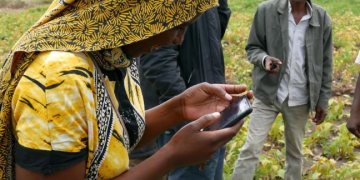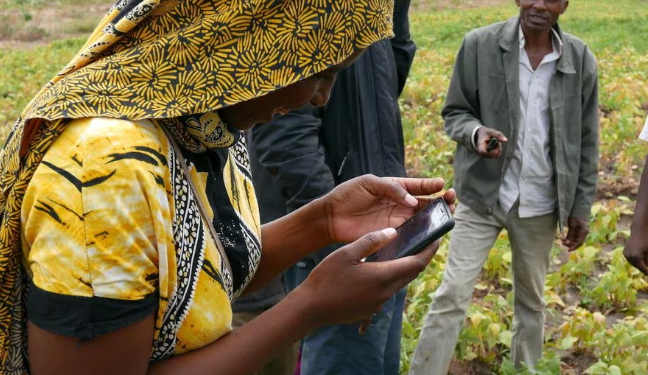#Agriculture #AIinFarming #CropBreeding #ClimateResilience #SoilCarbonManagement #SustainableAgriculture #ArtemisProject #InnovationInFarming #PrecisionFarming #ClimateChangeAdaptation
In the face of rapidly evolving climate patterns, the agricultural landscape is undergoing a transformative revolution. Traditional methods of developing new plant varieties are no longer sufficient to keep pace with the urgency imposed by climate change. Enter the Artemis Project in Tanzania, spearheaded by agricultural scientist David Guerena. This groundbreaking initiative leverages artificial intelligence to streamline the phenotyping process, aiming to cut down the decade-long timeline for developing climate-resilient crop varieties.
Guerena emphasizes that the conventional approach to breeding, which has remained largely unchanged for millennia, involves substantial trial and error. The Artemis Project introduces a paradigm shift by integrating computer vision-enabled models. Plant growers, armed with a simple app, capture crucial data through photos. This data undergoes analysis by AI-powered models, aiding in the identification of plant genes best-suited to specific locations and resilient against projected climatic changes.
Beyond crop breeding, AI is proving indispensable in managing another critical aspect of agriculture — soil carbon. Often overshadowed by the rainforests, soils serve as vital carbon sinks, holding approximately 75% of the Earth’s land-stored carbon. Martha Farella, a data scientist at Stantec, emphasizes the challenges in quantifying soil carbon due to diverse factors such as climate, topography, vegetation types, and soil properties.
The Artemis Project exemplifies how AI is not merely a tool for speed but a catalyst for precision. By harnessing the power of technology, agriculture is moving towards a future where climate-resilient crops and sustainable soil management are not distant goals but immediate realities.
The synergy between agriculture and artificial intelligence heralds a new era in farming practices. The Artemis Project’s success underscores the potential of AI in expediting crop development, essential for adapting to the accelerating impacts of climate change. Simultaneously, AI’s role in soil carbon management signifies a crucial step towards sustainable agriculture. As we embrace these technological strides, the future of farming looks promising, resilient, and environmentally conscious.































